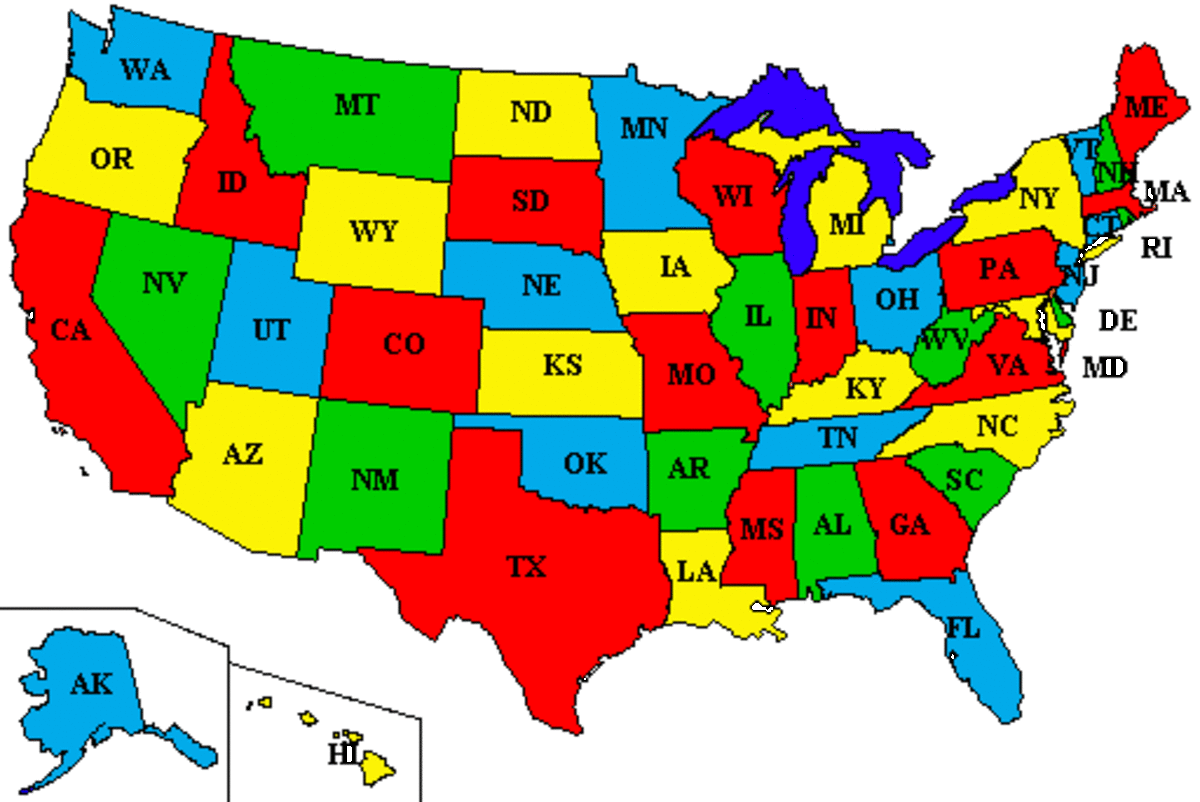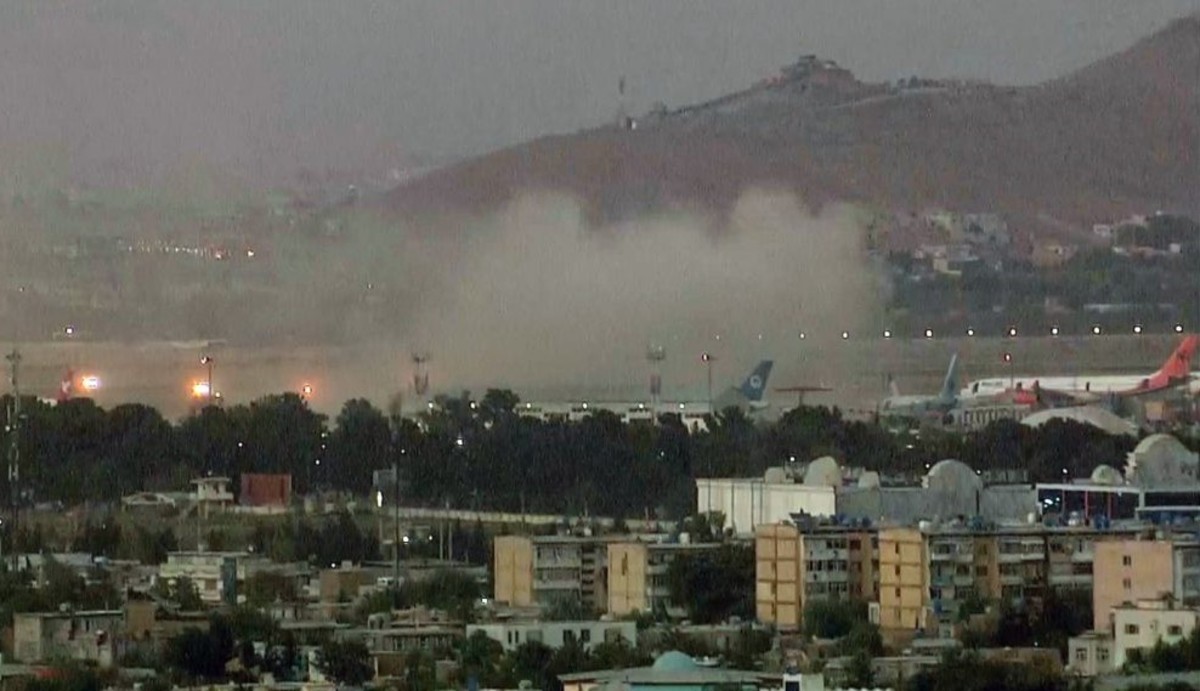What The Invasion Of Iraq Actually Accomplished
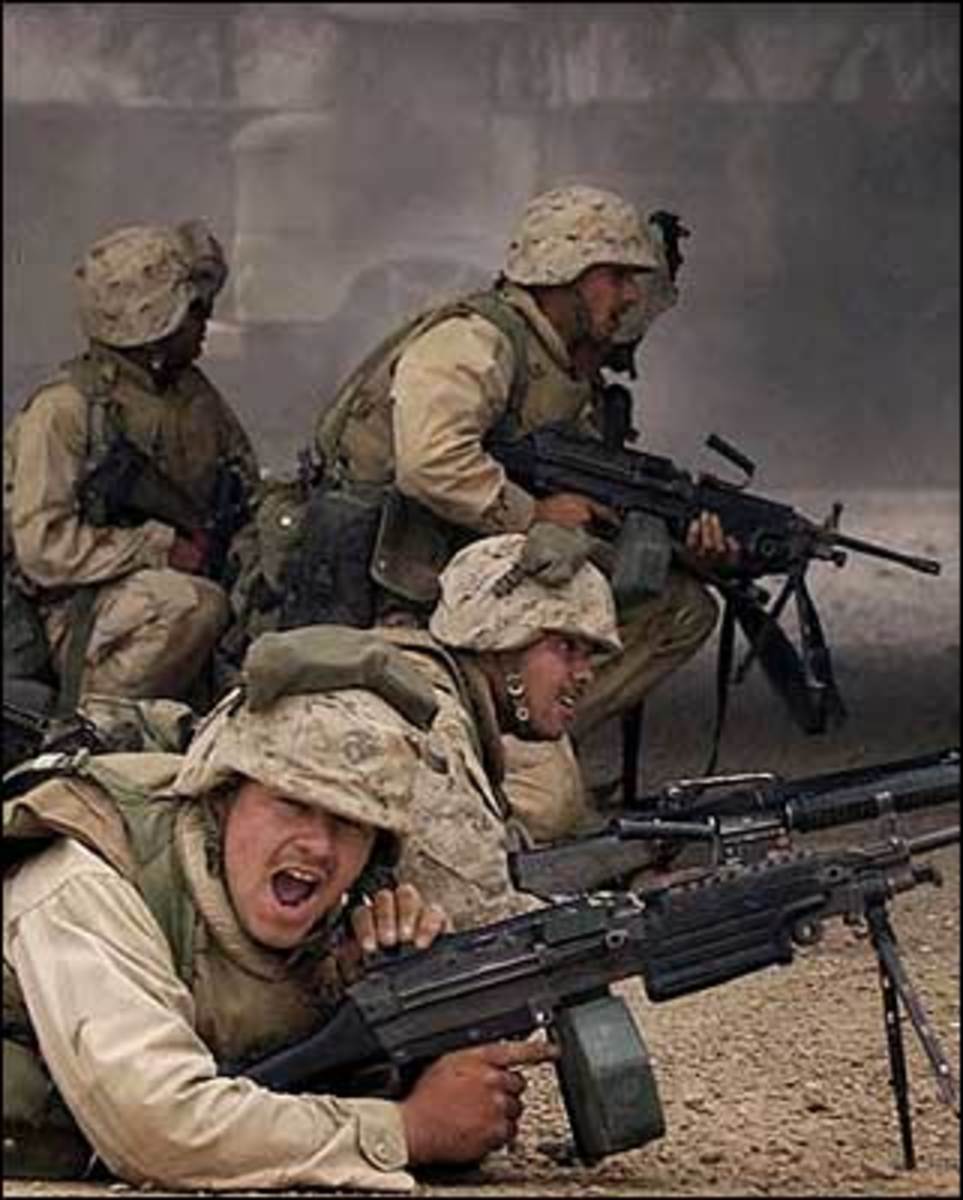
Flawed Plan
When the Bush administration decided to invade Iraq it declared there were several benefits to such an action. Among them was the notion that the region would be made safer, the world would be safer and it would make the United States safer.
The armed forces of the United States easily defeated the Iraqi army and overthrew the government that Saddam Hussein had installed decades before leaving the people of Iraq free of the brutal dictator.
With Hussein out of the way the path was clear for a democratic government to be installed that would be shaped by the people not a maniacal, sadistic, paranoid ruler.
Those were the selling points and the theoretical premise that was presented but as we now know most of what we were told would happen didn't.
In fact just the opposite occurred.
Saddam Hussein

Destabilization of The Middle East
When Saddam Hussein was "president" of Iraq the region and the world knew who to watch and who to fear. Hussein and his army posed one single threat.
Even though Hussein could be unpredictable at times it was still a comfort of sorts to know that he was the central figure to be wary of.
Though the religious factions of the country were sworn enemies Hussein was able to hold them together in a ragtag coexistence that kept them from being a danger to themselves, fellow citizens or neighboring countries. With him removed from power combined with the ensuing insurgency that followed his removal Iraq became destabilized causing a ripple effect in neighboring countries.
With no central force that was identifiable or traceable militant insurgents could strike within Iraq or easily cross the border of a bordering country and wreak havoc anonymously causing discord and possible retaliation against a falsely identified foe.
Where there was once controlled violence there is now uncontrolled chaos.
Osama Bin Laden

Creation Of Terrorist Training Ground
If terrorists needed a place to train they now have one in Iraq. Since the insurgency that started after the overthrow of Saddam Hussein terrorists have been having a field day plotting and training for terrorist missions.
The ousting of Hussein provided the perfect environment for the creation of a terrorist state. While Hussein was in power there was no opportunity for opposing factions to assemble or carry out any violent acts of aggression against each other but with him gone they have the ideal setting to operate unrestricted.
Islamic extremists who are opposed to the Iraqi government have seized upon the inability of the Iraqi Security Forces to subdue their widespread attacks and reclaimed large swaths of territory that were previously controlled by them.
Their takeover of Mosul, the second largest city in Iraq, is a demonstration of their growing power.
Many security forces have abandoned their posts leaving massive areas unprotected putting them in position to suffer the same fate as Mosul..
Crude Oil Prices beginning in 2000 - Middle Eastern Oil Well
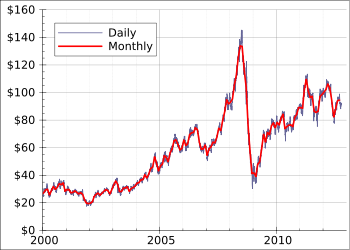

Increased Crude Oil Prices
When America decided to invade Iraq in 2003 the price of a barrel of crude oil was a little less than $40. From that point on the price has steadily increased reaching a peak of more than three times that amount ($140 per barrel) in 2008.
Although Iraq only supplies just over 10% of the world's oil supply there can be no denying the conflict and instability within that country which threatens to spread to the region has driven the price of crude oil up.
Everyone who understands the basic economic principle of supply and demand knows that low supply plus high demand equals high price in order to maintain a prescribed profit margin. A perceived threat to supply acts just the same as an actual low supply in driving cost. And the anticipated threat to not only Iraq's oil producers but those in neighboring countries has served to increase the price of crude oil.
In respect to this a new formula can be added: increased threat to supply plus anticipated interruption of supply equals higher price for supply.
Israeli Soldiers At The Wailing Wall in Jerusalem

Increased Danger To Israel
There can be no doubt that the invasion of Iraq dramatically increased the danger posed to America's ally in the Middle East Israel. Those who hate the United States would not think twice about attacking its Middle Eastern friend.
Islamic terrorists in the Arab nations were already sworn enemies of Israel and the U.S. invasion, occupation and conversion of Iraq only served as fuel to the fire of hatred toward America and its number one ally in the region.
The influence of the upheaval in Iraq is now being felt in neighboring nations like Syria which has been a collaborator in the violent attacks that have spread throughout Iraq making them an additional possible threat to join in with similar attacks against Israel.
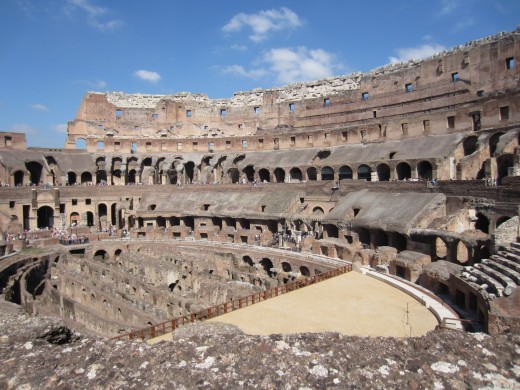
Increased Threat To World Peace
If the Middle East was a hotbed of violence before it is a bed on fire now.
Iraq has become a chaotic state of violent activity that threatens to spread throughout the region which translates to being a threat to world peace.
When Saddam Hussein was removed from power we were told that the world was a safer place with him gone but that has turned out to be false. The escalating violence and insurrection in Iraq makes the world a more dangerous place.
In Saddam Hussein the world had a dictator who posed a unpredictable but controllable threat. The present situation that exists in Iraq poses an unpredictable, boundless, extremely radical threat that is not opposed to destroying its enemy and itself in the process.
The possibility of radical factions in Iraq joining forces with other factions of a similar persuasion in other countries in the region who may have nuclear, chemical or biological capabilities threatens the entire planet.
The world is not safer it is indubitably more dangerous.
U.S. Embassy In Iraq
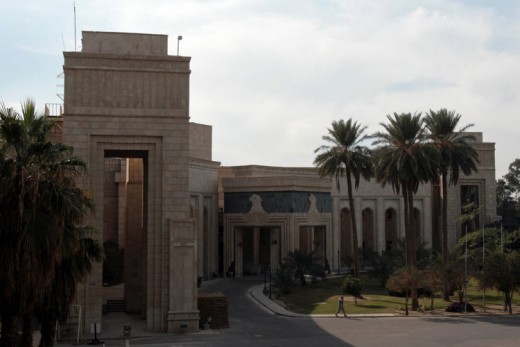
Tied America To Iraq Forever
Iraq and America for all intents and purposes are joined at the hip for life. Because of its involvement in the country's present state the United States will never be free of responsibility in that nation.
When the Bush administration initiated regime change in ira they neglected to consider two crucially important things: What if the government fails or can't sustain itself? What is our responsibility if that occurs?
In the Bush administration's scenario everything goes according to plan and everyone lives happily ever after but what they failed to account for was the event of things going astray and the burden that would put on America and future presidents.
It was clear that the Bush administration was thinking in a vacuum and not in an all-encompassing fashion.
If they had thought outside of the bubble of time in which they were operating and considered all possible outcomes they may have come to a different conclusion and action. Instead they participated in an action that forever tied both nations together literally "for better or for worse."

Helped Crash The Economy
If the war in Afghanistan and the bursting housing bubble coupled with the Wall Street financial collapse wasn't enough to kill the economy adding the Iraq war to the pile certainly provided the needed power to do so.
With America already in the throws of major recession and waging a war in one country the Bush administration decided to put another war on America's credit card creating a state of bankruptcy.
There can be no doubt that the Iraq War was an unnecessary burden thrust upon the American economy that helped create the financial collapse of 2008 when the entire financial structure of the nation threatened to come to a complete halt.
When the United States petitioned the United Nations to invade Iraq there was no funding available to go to war with them. The damage done by the terrorist attacks of 9/11 was still being felt throughout the economy and America was in no condition financially to start another war.
Especially one that was unnecessary.
The ensuing result was a crippled economy collapsing under the weight of economic stresses beyond its ability to carry.
Statute Of Saddam Hussein Being Pulled Down
Back To The Future
In hindsight the effects of the Iraq War can be seen but they could have been seen beforehand if those considering the invasion hadn't been looking through rose-tinted glasses.
Iraq may be better off in some ways in that it is no longer under the rule of a vicious dictator but in so many other ways it is worse.
America, the Middle east region and the world are not safer because Saddam Hussein is no longer in power. As ruthless as he was he kept the region and the country in check.
If the United States wanted a regime change in Iraq it would have been better served by supporting an overthrow of Saddam Hussein by the people of Iraq like it has done in other nations, rather than initiating one itself. Doing so would have ensured the people wanted it.
There is no telling what the final outcome in Iraq will be but one thing is for certain America's hand print will be all over it.
Mission Accomplished?
Was there a clear objective in Iraq and was it achieved?
© 2014 Tony Daniels





